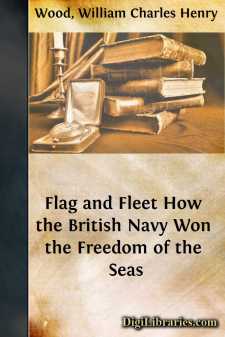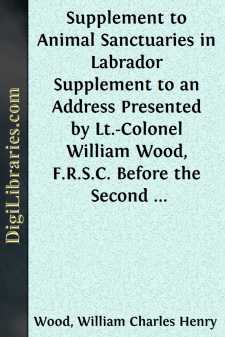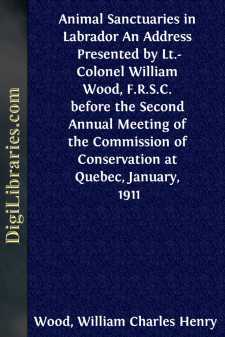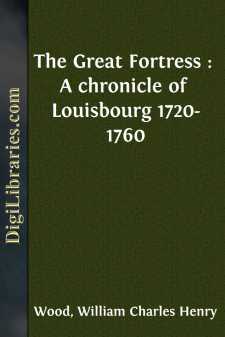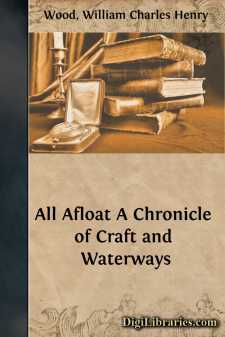Categories
- Antiques & Collectibles 13
- Architecture 36
- Art 48
- Bibles 22
- Biography & Autobiography 815
- Body, Mind & Spirit 144
- Business & Economics 28
- Children's Books 18
- Children's Fiction 14
- Computers 4
- Cooking 94
- Crafts & Hobbies 4
- Drama 346
- Education 58
- Family & Relationships 59
- Fiction 11829
- Games 19
- Gardening 17
- Health & Fitness 34
- History 1378
- House & Home 1
- Humor 147
- Juvenile Fiction 1873
- Juvenile Nonfiction 202
- Language Arts & Disciplines 89
- Law 16
- Literary Collections 686
- Literary Criticism 179
- Mathematics 13
- Medical 41
- Music 40
- Nature 179
- Non-Classifiable 1768
- Performing Arts 7
- Periodicals 1453
- Philosophy 65
- Photography 2
- Poetry 896
- Political Science 203
- Psychology 44
- Reference 154
- Religion 515
- Science 126
- Self-Help 85
- Social Science 82
- Sports & Recreation 34
- Study Aids 3
- Technology & Engineering 59
- Transportation 23
- Travel 463
- True Crime 29
Our website is made possible by displaying online advertisements to our visitors.
Please consider supporting us by disabling your ad blocker.
The Father of British Canada: a Chronicle of Carleton
Description:
Excerpt
CHAPTER I
GUY CARLETON 1724-1759
Guy Carleton, first Baron Dorchester, was born at Strabane, County Tyrone, on the 3rd of September 1724, the anniversary of Cromwell's two great victories and death. He came of a very old family of English country gentlemen which had migrated to Ireland in the seventeenth century and intermarried with other Anglo-Irish families equally devoted to the service of the British Crown. Guy's father was Christopher Carleton of Newry in County Down. His mother was Catherine Ball of County Donegal. His father died comparatively young; and, when he was himself fifteen, his mother married the rector of Newry, the Reverend Thomas Skelton, whose influence over the six step-children of the household worked wholly for their good.
At eighteen Guy received his first commission as ensign in the 25th Foot, then known as Lord Rothes' regiment and now as the King's Own Scottish Borderers. At twenty-three he fought gallantly at the siege of Bergen-op-Zoom. Four years later (1751) he was a lieutenant in the Grenadier Guards. He was one of those quiet men whose sterling value is appreciated only by the few till some crisis makes it stand forth before the world at large. Pitt, Wolfe, and George II all recognized his solid virtues. At thirty he was still some way down the list of lieutenants in the Grenadiers, while Wolfe, two years his junior in age, had been four years in command of a battalion with the rank of lieutenant-colonel. Yet he had long been 'my friend Carleton' to Wolfe, he was soon to become one of 'Pitt's Young Men,' and he was enough of a 'coming man' to incur the king's displeasure. He had criticized the Hanoverians; and the king never forgave him. The third George 'gloried in the name of Englishman.' But the first two were Hanoverian all through. And for an English guardsman to disparage the Hanoverian army was considered next door to lese-majeste.
Lady Dorchester burnt all her husband's private papers after his death in 1808; so we have lost some of the most intimate records concerning him. But 'grave Carleton' appears so frequently in the letters of his friend Wolfe that we can see his character as a young man in almost any aspect short of self-revelation. The first reference has nothing to do with affairs of state. In 1747 Wolfe, aged twenty, writing to Miss Lacey, an English girl in Brussels, and signing himself 'most sincerely your friend and admirer,' says: 'I was doing the greatest injustice to the dear girls to admit the least doubt of their constancy. Perhaps with respect to ourselves there may be cause of complaint. Carleton, I'm afraid, is a recent example of it.' From this we may infer that Carleton was less 'grave' as a young man than Wolfe found him later on. Six years afterwards Wolfe strongly recommended him for a position which he had himself been asked to fill, that of military tutor to the young Duke of Richmond, who was to get a company in Wolfe's own regiment. Writing home from Paris in 1753 Wolfe tells his mother that the duke 'wants some skilful man to travel with him through the Low Countries and into Lorraine....



